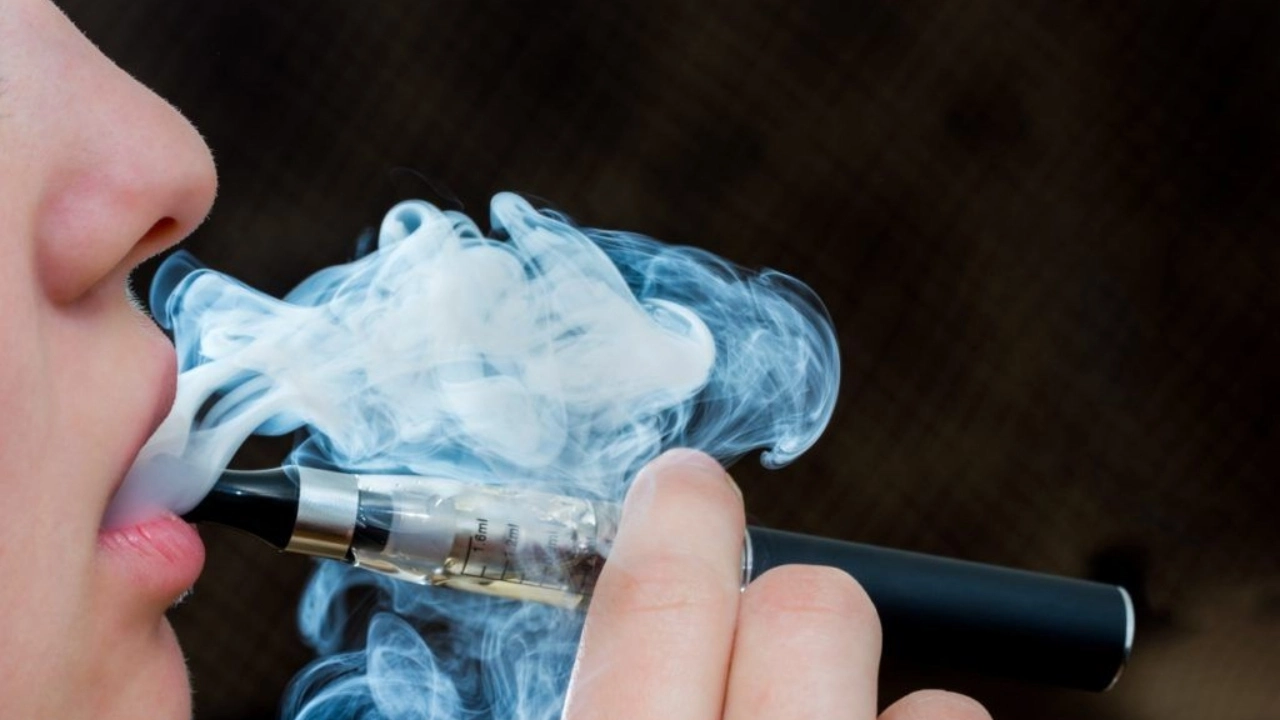Rhode Island is poised to become the 19th state in the U.S. to legalize recreational marijuana, after House and Senate legislators on Tuesday overwhelmingly passed limited-license, social equity-focused legislation.
Democratic Gov. Dan McKee is expected to sign the bill, the Rhode Island Cannabis Act.
Adult-use sales would begin Dec. 1.
The Rhode Island House of Representatives passed an amended H 7593 by a vote of 55-16 while the state Senate approved an identical bill, S 2430, by 32-6.
Opponents raised objections tied to potential safety and public health risks, especially to youth.
Tuesday’s passage means that New Hampshire is the only remaining state in New England that hasn’t legalized adult-use marijuana.
Jared Moffat, state campaigns manager for the Marijuana Policy Project, commended Rhode Island lawmakers for crafting a thoughtful and comprehensive legalization measure.
“Rhode Islanders should be proud of their lawmakers for passing a legalization bill that features strong provisions to promote equity and social justice,” Moffat said in a statement.
Beginning Dec. 1, existing medical cannabis dispensaries, called compassion centers in Rhode Island, will be able to obtain a hybrid license to begin adult-use sales by paying a $125,000 fee into a social equity fund, according to a bill summary from the Marijuana Policy Project.
Last October, the state issued five additional medical marijuana dispensary licenses as part of a long-awaited expansion plan to increase the number of retail outlets to nine across the state.
In addition, 24 new retail recreational marijuana licenses will be issued across six geographic regions, with at least one social equity permit and one worker-owned cooperative license issued in each geographic region.
In other words, 25% of the new retail licenses will be set aside for social equity applicants, including individuals disproportionately impacted by the war on drugs.
Stay informed with MJBiz Newsletters
MJBiz’s family of newsletters gives cannabis professionals an edge in this rapidly changing industry.
Featured newsletters:
- MJBizDaily: Business news for cannabis leaders in your inbox each morning
- MJBiz Cultivator: Insights for wholesale cannabis growers & vertically integrated businesses
- MJBizCon Buzz: Behind-the-scenes buzz on everything MJBizCon
- MJBiz Retail + Brand: New products, trends and news for cannabis retailers, distributors and marketers
- Hemp Industry Week: Roundup of news from hemp farming to CBD product manufacturing
- And more!
Here are other key business aspects of the measure, according to MPP:
- The governor will appoint a three-member Cannabis Control Commission (CCC) to issue recreational marijuana licenses and regulate both adult-use and medical marijuana.
- A cannabis advisory board will be established to make recommendations to the CCC, including regulations and the distribution of a social equity assistance fund.
- The existing 60-plus MMJ cultivators will be granted adult-use licenses as long as they are in good standing. Otherwise, there will be a moratorium on issuing new cultivation licenses for two years after final rules and regulations are set.
- Municipalities can opt out of the adult-use industry, except in areas that currently have medical cannabis dispensaries. Existing MMJ cultivators will be grandfathered into the adult-use market.
- Social equity assistance will include fee waivers, grants and technical assistance.
- Licensed retailers will be required to establish a labor peace agreement with a union.
- A retail excise tax of 10% will be implemented, in addition to the current sales tax of 7%. A 3% local sales tax also can be implemented.
- The Cannabis Control Commission may recommend to the General Assembly that licenses be issued for social consumption sites, marijuana delivery services and other categories.
The legislation passed by lawmakers Tuesday came after months of negotiations among legislative leaders and key advocacy groups as well as public hearings.
Jeff Smith can be reached at jeff.smith@mjbizdaily.com.





